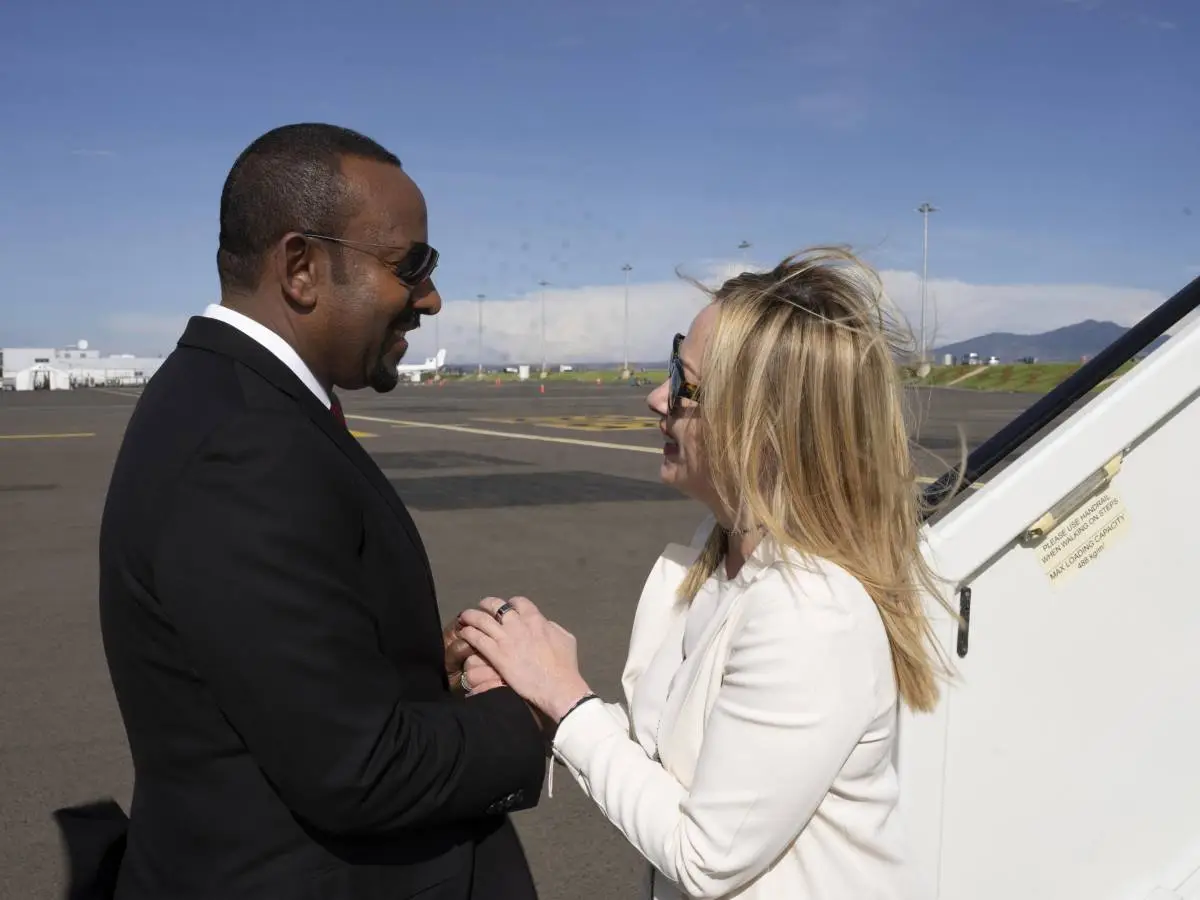Italian Prime Minister Giorgia Meloni’s Mattei Plan reveals Italy’s intent to strengthen ties with Africa.
Unveiled at the Italy-Africa Summit, this plan aims to diversify energy sources, address migration, and extend Italy’s influence in regions historically under French sway.
Russia, China, and, to a lesser extent, Turkey, Iran, Morocco, and Brazil now also eye these regions.
With 5.5 billion euros allocated, the Mattei Plan proposes to enhance living conditions in Africa through development projects in education, agriculture, and energy, among others.
This commitment represents a clear, measurable promise, underscoring the intent to fortify connections with Africa.
It stands in contrast to the broader, less specific strategies and pledges of Brazil, Turkey, Iran, and Morocco.
It positions Italy as a crucial mediator, channeling African natural gas to Europe, a vital move given the urgency of energy diversification after Russia’s invasion of Ukraine.
However, this initiative faces skepticism over potential neo-colonial implications and its fit with the EU’s environmental objectives.

Italy’s outreach, vague on energy details, sparks concerns over promoting fossil fuel projects against Africa’s sustainable development and renewable energy needs.
Moreover, Italy’s capacity to match the influence of global powerhouses like China and Russia in Africa is under scrutiny.
Meloni’s broader geopolitical strategy seeks to realign power dynamics in North and Western Africa, challenging France’s traditional influence.
This involves bolstering ties with African states through infrastructure and development projects, yet the complexity of regional politics and competition from other global actors complicates these efforts.
Redefining old relationships
Italy’s collaboration with Turkey also indicates a shared interest in filling the void left by diminishing French influence despite differing geopolitical motives.
The historical context enriches Italy’s current strategy. Past cultural exchanges and the Fascist era’s legacy underscore a complex, longstanding connection with Africa, emphasizing the nuanced task of redefining these relationships today.
In essence, Italy’s pivot to Africa under Meloni signifies a meaningful shift in its foreign policy, seeking to carve a new role amid changing global dynamics.
Success hinges on Italy’s adept navigation of regional politics, competition with major powers, and a genuine commitment to Africa’s sustainable development.

